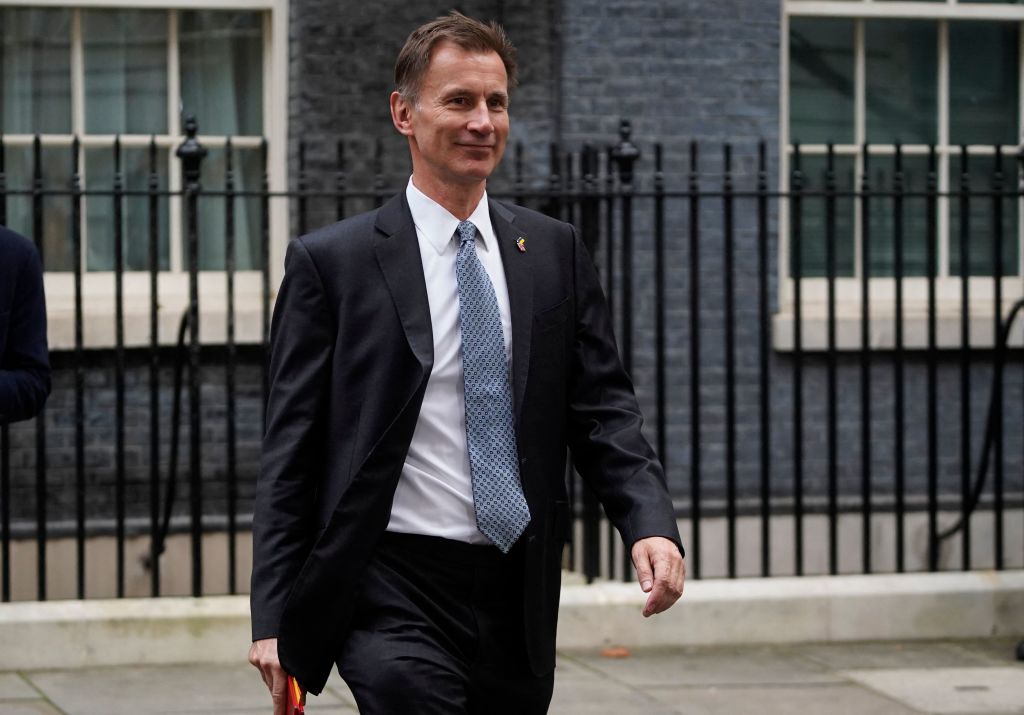Later this morning Jeremy Hunt will deliver his first Autumn Statement as Chancellor. With the focus firmly on the dire state of the economy, pressure is on Hunt to deliver on his promise to reduce inflation (which yesterday hit 11.1 per cent) and restore stability.
As Kate Andrews writes in this week’s magazine, the Chancellor’s measures are likely to see a new era of austerity ushered in due to a number of a trailed tax hikes and public spending cuts. In recent days, Hunt has been laying the ground work for what is likely to be a difficult times ahead. So what can we expect from today’s statement?
The Chancellor’s measures are likely to see a new era of austerity ushered in
Hunt is expected to announce he will need to find as much as £55 billion to plug a hole in the economy and bring inflation under control. As part of these saving measures, the Chancellor will most likely rein in the government’s gas and energy support scheme, potentially raising the household energy price cap to as much as £3,100. Additional windfall taxes on oil, gas and electricity firms (something resisted by PM Rishi Sunak during his time as Chancellor) are also expected.
The Chancellor is expected to raise taxes in the statement, lowering the income threshold for those paying the 45p top rate of tax from £150,000 to £125,000. This is a move in the opposite direction to that taken by Hunt’s predecessor Kwasi Kwarteng, who a mere eight weeks ago proposed abolishing the 45p tax rate altogether.
Hunt is also due to increase capital gains and dividend tax, while the personal income tax threshold is likely to be frozen for a further two years. Households are also expected to take an extra hit with the expectation being that Hunt will raise the percentage threshold at which councils can charge council tax without a local referendum (currently at 3 per cent).
What public spending cuts the Chancellor will implement remain to be seen. Nevertheless, Hunt is said to be at pains to avoid cuts to essential services such as the NHS and education where possible.
We will have to wait and see to hear when most of these expected measures will kick in, although the majority are likely to come into force in 2024. Hunt is under additional pressure to definitively put to bed much of the economic chaos caused by Liz Truss and Kwarteng’s mini-Budget, particularly with regard to market confidence.
Whether Hunt is likely to succeed, and at what cost, we will have a better idea after 11:30am.







Comments